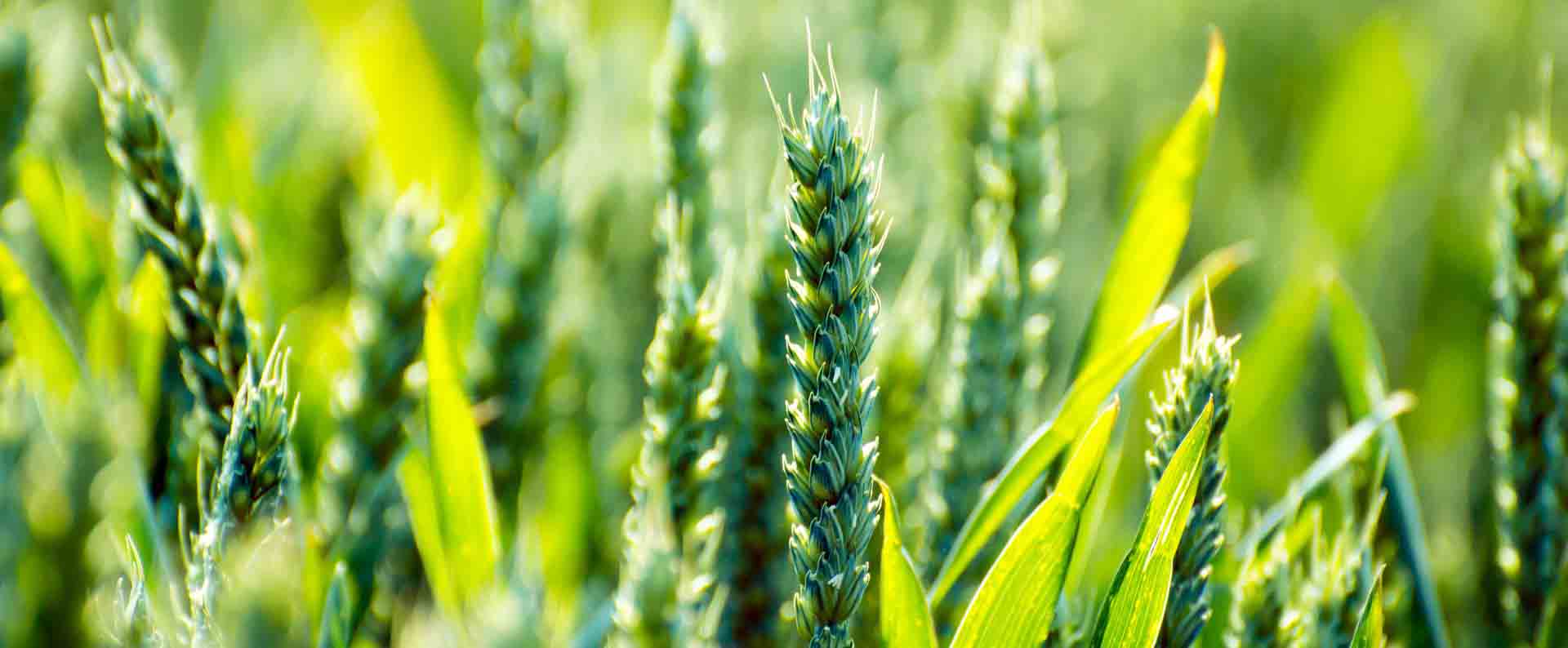
The Main Benefits of Using a Liquid Fertilizer
22/06/2021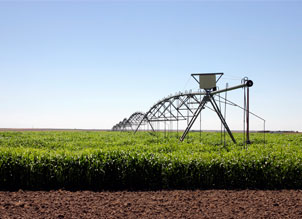
Organic vs Inorganic Fertilizer – The Great Debate
22/06/2021The Composition, Use and Actions of a Soil Fertilizer
Wherever there may be a few square centimetres of exposed earth and sufficient moisture, a stray seed, carried by the wind or on the body of an insect, could take root and grow into a colourful flower. If that exposed earth, formed from eroded rock and rotted vegetation, contains sufficient quantities of the correct nutrients, it will support plant life. Without those essential plant nutrients, treatment with a suitable manufactured soil fertilizer will be necessary to ensure healthy, sustained growth.
While the science of hydroponics provides a means to grow crops in the complete absence of earth, the soil remains the natural habitat for all but aquatic plants. Its constituents are jointly responsible for the biological, chemical and physical properties that affect plant growth in various ways. For example, the shape, size and texture of soil particles, and the spaces between them, play a physical role by influencing water retention and water flow to the roots. However, it is the chemical and biological constituents of a soil fertilizer that significantly affect plant growth.
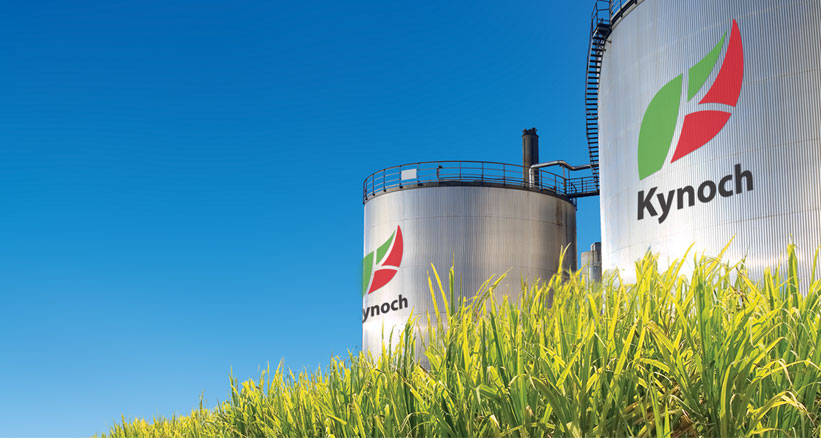
As well as water and carbon dioxide for photosynthesis and oxygen for nocturnal respiration, all plants require nitrogen, phosphorus, and potassium for healthy, sustainable growth. Because nitrogen is a gas at average temperatures and the others are highly reactive, plants must source them from stable compounds such as urea, ammonium salts, nitrates, potash and phosphates. Organic compost can serve as a conditioner to improve soil texture. But, as a fertilizer source, it is less reliable. The composition of natural compost tends to be random. It will seldom contain those three vital macronutrients in the concentrations and proportions essential to the various phases of a plant’s growth.
Bacteria are valuable biological components of soil and can help to improve the accessibility of various nutrients present in organic compounds. In this respect, nitrogen can be problematic. In its gaseous form, it quickly disperses into the atmosphere without some means to prevent this. A high-quality soil fertilizer will contain a suitable nitrogen stabiliser to limit this loss. Also, nitrogen may be present as either a soluble or insoluble compound, which affects the rate of diffusion into the surroundings.
Overall, twenty chemicals are now known to play an essential role in developing some plant species or at different stages in the development of others. There is no way to guarantee that any of these will be present in the appropriate quantities when applying natural organic compost. Today’s farmers depend on the use of carefully prepared chemical soil fertilizers to guarantee a healthy and abundant crop, and most of them will first check for the Kynoch label.


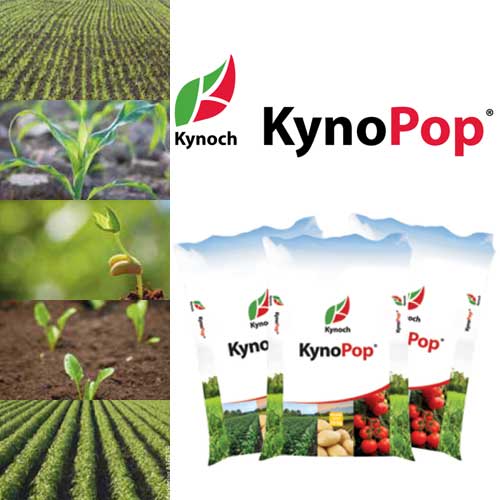
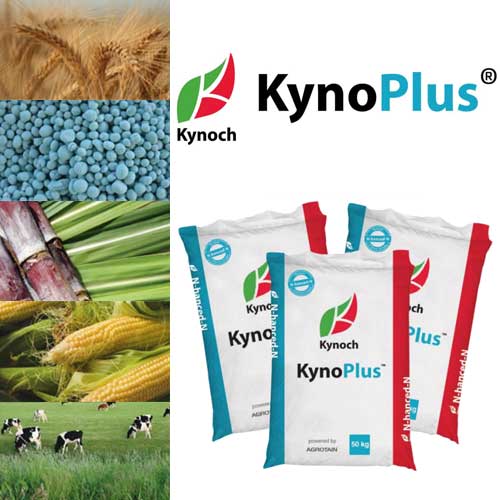


.png?v=1594369838025?v=1594369838026)